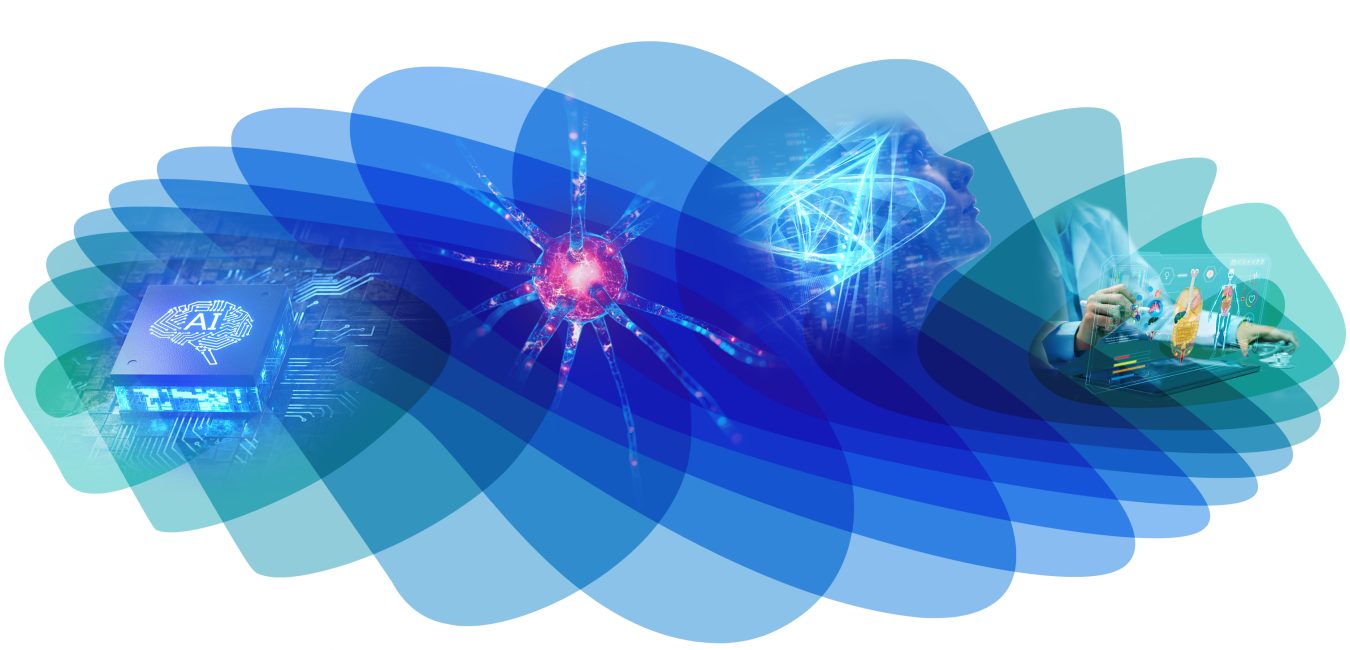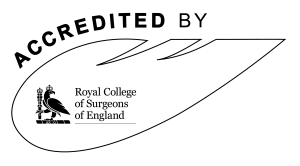Description
The sense of touch is a vital tool in many areas of medicine. Tactile indications such as temperature and texture can provide critical information about the nature and severity of a patient’s condition, whilst manual dexterity must be learned and practiced in order to carry out difficult surgical procedures safely and effectively. This workshop will explore, expose and exploit the many ways in which the sense of touch is used in medicine. The programme will begin by exploring the applications of haptic technology in medical simulation and education. This will focus particularly on the physical interactions that can inform medical and surgical decisions as well as how they can be used to create training simulations of physical examinations, open and minimally invasive procedures. Following this, a scientific session will expose the biological and psychological apparatus behind the sense of touch. This will consider the tactile indications and physical skills used to gather information during complex physical examination and surgical procedures, as well as affective mechanisms, such as the way a nervous patient can be calmed with a simple stroke of the arm.
The focus will then shift to how haptic technology can exploit this sense of touch. This will cover topics including robot assisted surgery, illustrated with an extended case study in robotic palpation, as well as robotic rehabilitation and prosthetics. The workshop will feature invited talks from leaders in medical education, haptics and medical robotics who will present their cutting-edge research in these topics. The workshop will host the consortia of the MRC/NRF funded project SoftHapSim and Horizon Europe project PALPABLE, who will spearhead discussions based on their experience and findings. A poster competition will provide a forum for students to share their research with a specialised audience, and several industrial participants will present interactive demonstrations.
Call for student posters
The organisers encourage extended abstract submissions from students working on research projects relevant to any area of touch or haptics in medicine. Authors of accepted abstracts will have the opportunity to present a poster about their work during the workshop. Posters will be judged by a panel from the workshop organising committee, with prizes awarded to a first place and a runner up. Abstracts and posters will be circulated to workshop attendees, but will not published so that authors may publish a separate full paper if they wish to do so.
Requirements
- Length: Maximum 1 page including references and up to one figure. An optional explanatory video, up to 2 minutes long, may also be provided.
- Format: Hamlyn Symposium on Medical Robotics paper templates can be found here.
- Submission: Please upload your abstract to the submission form
- Please note that the lead author must be a registered undergraduate or postgraduate (master’s or PhD) student at the time of submission. Proof of student status is not required.
Important dates
- April 9th 2024 – Submissions open
- May 8th 2024 (AoE) – Submission deadline – extended!/li>
- May 26th 2024 – Notification of acceptance
- May 31st 2024 – Early bird registration deadline
- June 28th 2024 – Workshop
Please direct any questions to Dr Joshua Brown, Imperial College London
We look forward to receiving your submission.
Programme
The programme will be posted in May 2024.
Learning Outcomes
- To understand how haptic technology can be used in medical applications to replicate or enhance the experience of physically examining and interacting with pathologies and human anatomy.
- To be aware of how technology including computer vision and tactile sensing can be used in medical education and clinical practice to capture, analyse and improve performance when learning and practicing dexterous surgical skills.
- To recognise how tactile information gained from physical examination can inform clinical diagnoses and decision making.
- To consider the benefits of haptic feedback in teleoperated robotic surgery and associated impacts on the safety, efficiency and ease of conducting surgical procedures.
- To explore current research and clinical applications of haptics in wearable robotics and gamification for physical and neurological rehabilitation.
- To examine the interactions between haptics research and prosthetics, including the transmission of information from an artificial limb to the wearer, and how the kinematics of in-hand manipulation are informing the design of more natural and intuitive prosthetic hands.
- To discuss sustainability and circular economy issues for the development of haptic technology.
Organisers
- Prof. Fernando Bello, Duke-NUS, Imperial College London, SUTD
- Prof. Kaspar Althoefer, Queen Mary University of London
- Prof. Amy Kyungwon Han, Seoul National University
- Dr Yves Bayon, Medtronic
- Dr Joshua Brown, Imperial College London
- Prof. Alberto Arezzo, University of Torino
- Dr Reza Haghighi-Osgouei, Imperial College London
- Ms Claudia Navarro, Medtronic
This workshop is accredited for 6 CPD points.


